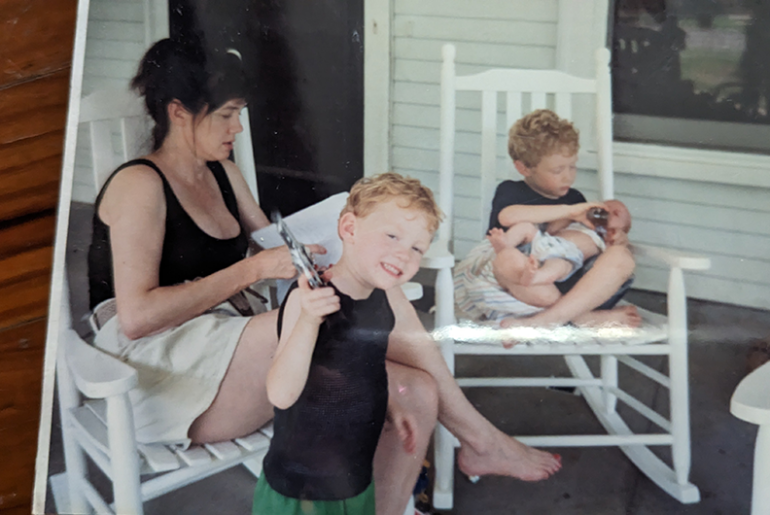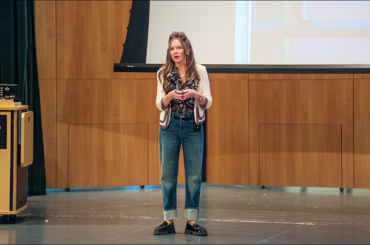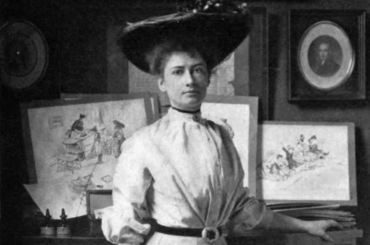It’s nice to recognize all the moms on Mother’s Day and all the dads in June. I did a little research on the origins of Mother’s Day and found that it wasn’t until when Anna Jarvis of West Virginia honored her deceased mother, Ann Jarvis, in 1908 that this special day morphed into a holiday and a coop for Hallmark and other retailers.
The Evolution of Mothers’ Day
According to the National Women History Alliance, the above-mentioned mother, Ann Jarvis, in 1858 organized a small but effective “Mother’s Work Days” to improve the sanitation of working women’s factories in her Appalachian community. The purpose was to avert deaths caused from disease-bearing insects and polluted water in such places.
Far from the Appalachians, fourteen years later in 1872, after or because of the Civil War, another caring Bostonian lady named Julia Howe established a special day for mothers –and for peace. It was an anti-war, women’s rights day with the intention of allowing women to vote. The thought was if women voted it would end war forever. She wrote an “Appeal to Womanhood Throughout the World” saying men always had and always would decide questions by resorting to “mutual murder.”
Women in War Time
During the Civil War, while most men were off fighting, women did what had previously been men’s work. They bought bonds, paid taxes, raised money for the war effort, managed farms, harvested fields, worked in war industries, reared children, and nursed soldiers. These Union women developed a new sense of empowerment.
When the war ended, women were eager to continue to participate in national affairs. They had seen the horror and truth of war as they tended the sick and lost sons, husbands, and fathers to man’s romantic bravado of war.
Later, Julia Howe would become a quiet but effective suffragette and, in 1896, she aided in organizing the National American Woman’s Suffrage Association and the American Woman’s Suffrage Association to promote women’s right to have a say in the direction of the country. At that time women, as well as African American men, were not recognized as citizens.
The black man’s right to vote would be ratified in 1870 but it would be another 50 years, in 1920, before women were granted citizenship and allowed to vote. Not that long ago.
I remember Grady’s grandmother, Hazel, saying when Hillary was running for president in 2016 that she was born before women could vote and at the time thought, “I will live to see the first woman become president.” Of course, she was wrong. And once again a black man beat us womenfolk in history making. But that is okay; “We’ve come a long way, baby.”
The Mother’s Day We Know
When Ann Jarvis died in 1905, her daughter, Anna, appropriately memorialized her mother’s lifelong activism, and began a campaign that culminated in 1914 when Congress passed a Mother’s Day resolution that we all celebrate today on the second Sunday in May.















